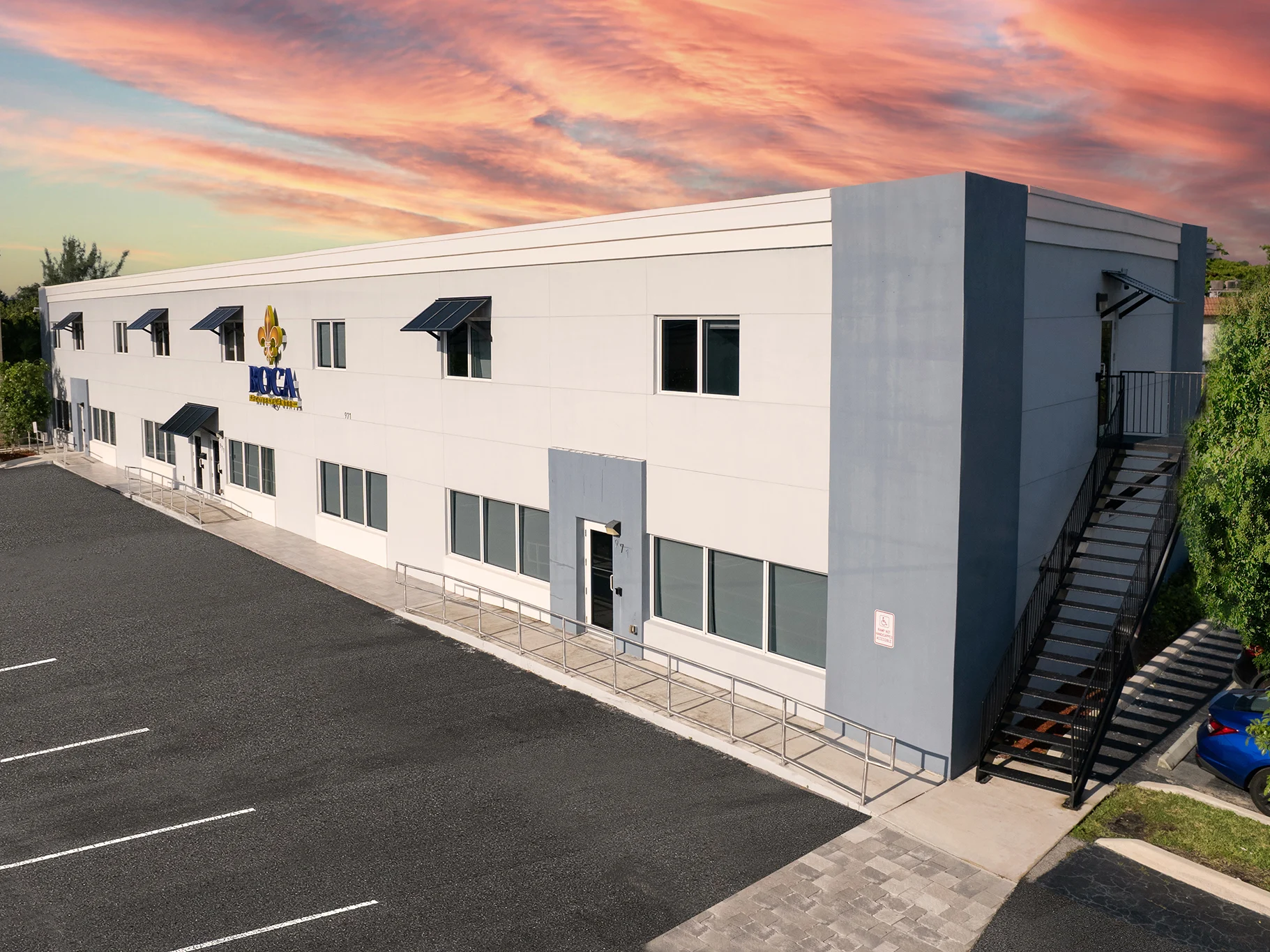A strong support system makes a powerful difference in outcomes for people with substance use disorder. This is especially true for people who have a substance use disorder along with a mental health condition.
If you have a loved one who’s in this situation then this is fantastic news. So many families struggle with feeling helpless but there’s a lot you can do. You just have to know what it is.
As a premier luxury rehab with locations around the country, we teach families every day how to support their spouses, parents, children and siblings. Let’s walk through what you need to know to support your loved one with this family guide to mental illness and addiction.


Natural Remedies for Depression
What Is Dual Diagnosis?
Dual diagnosis is the clinical term for when a person has both substance use disorder and a co-occurring mental health condition. This may include depression, bipolar disorder, an eating disorder, schizophrenia, or an anxiety disorder. This is very common and affects around half of people with drug or alcohol addiction but it also makes the recovery process more complicated.
It means they’ll need to have ongoing therapy for both their substance use and their mental health because if their mental health condition isn’t managed well then it puts their sobriety at risk. This is why it’s so important as a family member to understand your loved one’s condition and how to support them specifically as a person with a dual diagnosis.
How Mental Illness and Addiction Affect Family Dynamics
Substance use disorder, and often mental illnesses, can cause symptoms and behaviors that destroy relationships. Your loved one might act in ways that are hurtful to you like saying or doing hurtful things when they’re in pain or stealing from you to buy drugs so they don’t have withdrawal. You and your loved one may even develop a codependent relationship.
Many families become exhausted by the emotional rollercoaster of a loved one’s addiction. You constantly feel on edge and worried about them. You may also fear that you’re going to get a call that something terrible has happened. They go through cycles of sobriety and relapse while you go through cycles of hope and pain. It can become financially exhausting too. You might be paying for their living expenses or paying for one treatment program after another.
All of this takes its toll when you have a family member with a dual diagnosis. It’s perfectly natural to feel some anger and resentment toward the person with the illness. Yet remember that you can be supportive of your loved one’s recovery while also still trying to forgive and heal yourself from the damage that their condition has done to your relationship. Let’s talk about how you can help your loved one without sacrificing your own mental health and peace in the process.
How to Be Supportive Without Losing Yourself
One of the hardest parts of learning how to help someone with dual diagnosis is finding the balance between helping them and preserving yourself. Keep these tips in mind along your journey.
Get Support for Yourself
Your loved one might be the one who’s on fire but the smoke you inhale while trying to put it out can be deadly too. Make no mistake that you’re also going through something difficult so seek your own support system of people you can confide in. Ideally, look for people who know your struggle like Al-Anon which is a support group for family members of people with addiction. It helps to have a therapist to guide you as well.
Set Healthy Boundaries
As much as you want to be there for your family member, you need boundaries that will protect you in the process. These can include things like taking time away (and helping them figure out who they can contact if they need support during that time so you can rest assured they won’t be alone) or limiting their time around your children.
Encouraging Treatment and Honesty
One of the most exhausting and stressful situations is working harder to help someone than they’re working to help themselves. Whether your loved one is in recovery or is still struggling, encourage them to be honest with you and emphasize that you’ll hold them accountable and help them, not judge them. You can work with them to create systems that help them stay on track, like sending you a pin each time they go to a support group meeting.
What NOT to Do When Supporting a Loved One in Rehab
As important as it is to know how to support your loved one, it’s also important to know what actions could set them back or could be harmful to you. Here are some of the things not to do when supporting a loved one in rehab.
Enable Your Loved One
Actions that enable someone with an addiction are usually done with love and the best of intentions but they can make it harder for your loved one to recover in the long run. Enabling behaviors you should avoid include:
Downplaying, hiding, or making excuses for their drug and alcohol use
Buying drugs or alcohol or otherwise making it easier for them to get substances
Preventing your loved one from facing the natural consequences of their actions like legal problems or losing their job
Providing money that allows them to spend their own money on drugs or alcohol
Allowing them to make excuses for avoiding treatment
In counseling, you may learn other specific enabling behaviors that you don’t realize are holding back your loved one’s recovery.
Push Yourself to Burnout
You may want to keep supporting your family member but you won’t be able to do that if you burn out. Burnout could harm your own health and relationships too. Keep an eye out for warning signs like these:
Frequent physical aches and pains
Panic attacks
Feeling too emotionally exhausted to do things you used to enjoy like hobbies and social outings
Sleep disturbances
Being so preoccupied with the person’s wellbeing that your relationships, work performance or other areas of life suffer
If you start to see these signs then connect with a counselor or therapist who specializes in dual diagnosis family support. They can help you navigate the situation while preserving your own wellbeing.
Family Therapy and Education Programs
Addiction treatment providers like Boca Recovery Center know how important family support is for our clients and that’s why many treatment centers have family therapy programs. These are programs you participate in as a support system. They can include:
Educational sessions to teach you about addiction
Psychoeducation sessions to teach you about your loved one’s mental illness
Dual diagnosis family therapy sessions with your loved one so you can work on strengthening your relationship together
Individual or group therapy for yourself to cope with the difficulties of your family member’s addiction
These programs can be highly valuable to families that are trying to support their loved one and rebuild their relationships.
Resources for Families
You aren’t alone in your struggle. Millions of families feel the pain of watching their loved one suffer from addiction and mental illness. The good news is that there are resources that can help you. For example:
Specialized peer support groups like Al-Anon, Alateen, Nar-Anon and Families Anonymous
Books about how to support a loved one with addiction or how to cope
Online chat groups for families of people with addiction, like the Al-Anon online chat
Local nonprofit organizations that help people in recovery or people with mental illness, as these often have programs for families
Nationwide organizations that specialize in addiction and mental illness like the Substance Abuse and Mental Health Administration (SAMHSA) and the National Alliance on Mental Illness (NAMI)
These resources can not only improve your ability to help your loved one but they can also help you remain healthy and feel better at the same time.
Showing Love and Support Throughout Recovery
We know that you truly want the best for your loved one and that you can use help to figure out what to do for them. We’re happy to be there for you.
Boca Recovery Center is a luxury rehab with treatment at every level of care from detox and residential treatment to outpatient rehab and we’ll involve you at every step of the way. Contact us today to learn more.











